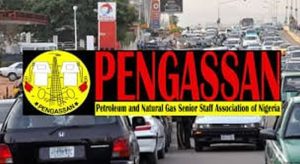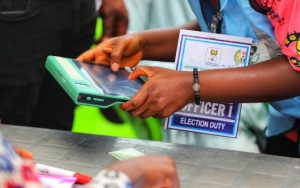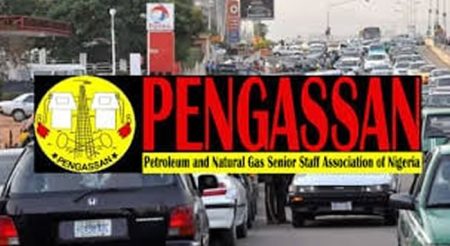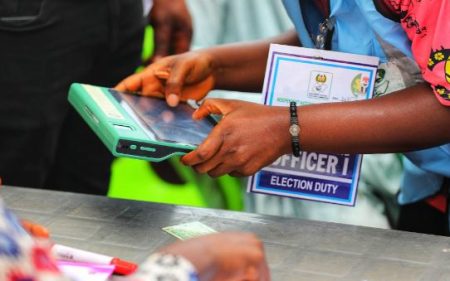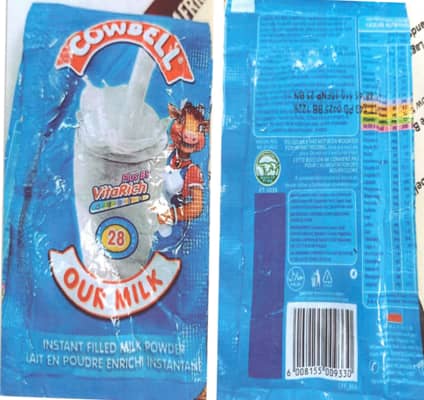The Nigerian fuel market experienced a significant price hike in late June, impacting both the Federal Capital Territory (Abuja) and Lagos. The Nigerian National Petroleum Company Limited (NNPC) raised its pump price for Premium Motor Spirit (PMS), commonly known as petrol, to N945 per litre in Abuja and N915 per litre in Lagos, representing increases of N35 and N45 respectively. This upward adjustment was mirrored by independent marketers, who increased their prices to N955 per litre in Abuja and between N915 and N950 per litre in Lagos, creating a volatile and unpredictable pricing landscape for consumers. The increases reflect a wider trend across the South-West region, with prices fluctuating between N915 and N950 per litre in states like Ogun. Partners of the Dangote refinery, including MRS, Heyden, and AP, aligned their prices, selling petrol at N925 per litre in Lagos and N935 in Ogun, further solidifying the upward price movement.
This wave of price increases was triggered by the Dangote Petroleum Refinery’s decision to raise its ex-depot price from N825 to N880 per litre. This initial price hike set off a chain reaction throughout the industry, prompting other players, including the NNPC and independent marketers, to adjust their prices accordingly. The impact on consumers is substantial, adding to the already high cost of living and transportation expenses. Across Abuja, the new prices were prominently displayed at NNPC stations and other retail outlets, while in Lagos, the increases were evident at various stations, particularly those along the Badagry Expressway and in Igando. TotalEnergies and other private retailers also adjusted their prices, contributing to a widespread price surge across the region.
The price escalation is not limited to retail outlets. Depot prices, the cost at which fuel is supplied to retailers, also saw a sharp increase. Major supply hubs in Lagos, such as Wosbab, Pinnacle, and NIPCO, raised their ex-depot prices to between N920 and N925 per litre. Data from petroleumprice.ng confirmed these increases, with the Dangote depot closing sales at N905 per litre and NIPCO Lagos recording the highest jump of N25 per litre. Other depots like Fynefield, TSL, and Ever also implemented price increases, pushing depot prices as high as N940 per litre in some areas. This escalating cost at the depot level further contributes to the rising pump prices, as retailers pass on the increased expenses to consumers.
The price adjustments at the depot level are attributed to rising upstream costs and international crude prices. This suggests that the increases are driven by broader market forces and not solely by decisions at the refinery or retail level. The upward trend is expected to continue, with predictions of further pump price hikes due to the escalating depot prices. This ongoing instability in the deregulated petroleum market puts significant financial strain on commuters, businesses, and households. The CEO of PetroleumPrice.ng, Olatide Jeremiah, criticized the surge in depot prices as abnormal and speculative, emphasizing the disproportionate increase compared to the rise in crude oil prices. He warned that these increased costs will inevitably be transferred to consumers at the pump.
Adding to the complexity of the situation are geopolitical tensions, specifically escalating conflict between the United States and Iran. Airstrikes reportedly carried out by US-Israeli forces on Iranian nuclear sites triggered fears of supply disruptions in the global oil market, potentially pushing crude oil prices above $80 per barrel. Iran’s retaliatory missile strikes on US bases in Qatar and Iraq further heightened these concerns. Despite these escalating tensions, Brent crude futures and WTI crude prices surprisingly dropped, potentially due to market uncertainty and speculation surrounding the conflict’s impact on global oil supply. These global events add another layer of volatility to the Nigerian fuel market, which is already grappling with internal price fluctuations.
In conclusion, the Nigerian fuel market is experiencing a period of significant price volatility driven by a combination of factors. The Dangote refinery’s initial price increase, coupled with rising depot prices and international crude oil fluctuations, has created a ripple effect throughout the industry, resulting in substantial price hikes for consumers at the pump. These increases add to the economic burden on Nigerian citizens, particularly in major urban centers like Abuja and Lagos. The instability in the deregulated petroleum market, along with geopolitical tensions and speculative pricing at the depot level, contributes to an unpredictable and challenging environment for both consumers and businesses. The ongoing situation requires close monitoring and potential intervention to mitigate the impact on the Nigerian economy and its citizens.


